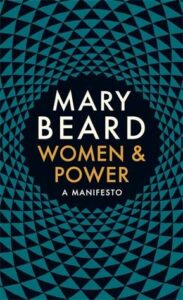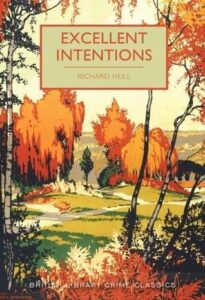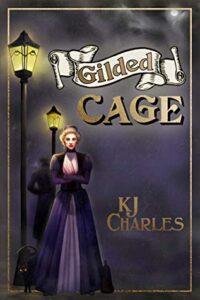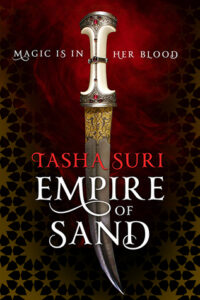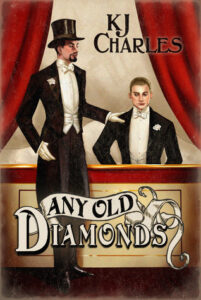The three ‘W’s are what are you reading now, what have you recently finished reading, and what are you going to read next, and you can find this week’s post at the host’s blog here if you want to check out other posts. Since this post isn’t pre-scheduled, the exact post is up so go here to join in for this week!
 What are you currently reading?
What are you currently reading?
As ever, I have several books on the go, but most actively I’m reading Lord Roworth’s Reward. It’s actually the second in a series of Regency romances by Carola Dunn, author of the Daisy Dalrymple books, and it’s really sweet. The male lead is an idiot, of course, but it has a surprisingly (but naturally) diverse cast. I’m definitely intending to get my hands on the first book (though it’ll be weird to read about a younger Felix being an antiSemitic idiot before he learns better), and the third is already on my stack.
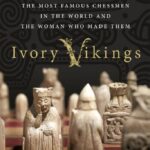 What have you recently finished reading?
What have you recently finished reading?
I just finished Ivory Vikings, by Nancy Marie Brown. It was… okay. If you accept her identification of the person who made the chessmen as Margret the Adroit, some of her detours make more sense. If she’s wrong about the person or even just the general location, a lot of the geopolitical context she discusses is only very, very distantly related to the pieces. I’d have preferred more analysis and descriptions (and photos) of the actual Lewis chessmen, instead of such pure guesswork.
 What will you be reading next?
What will you be reading next?
Probably something that’s been languishing on my pile half-read. I’m feeling contrary and reading a lot of romance since events conspired to hear a lot of people dissing romance novels, so it’s possible I’ll pick Heartstone back up. Or even Her Royal Spyness, which definitely seems to have a heavy romance subplot, if the unsuitable Irish man is any indication. (Though more serious than the title sounds, that book is bothering me, though — maybe just a slight embarassment squick!)
What about you? What are you currently reading?

